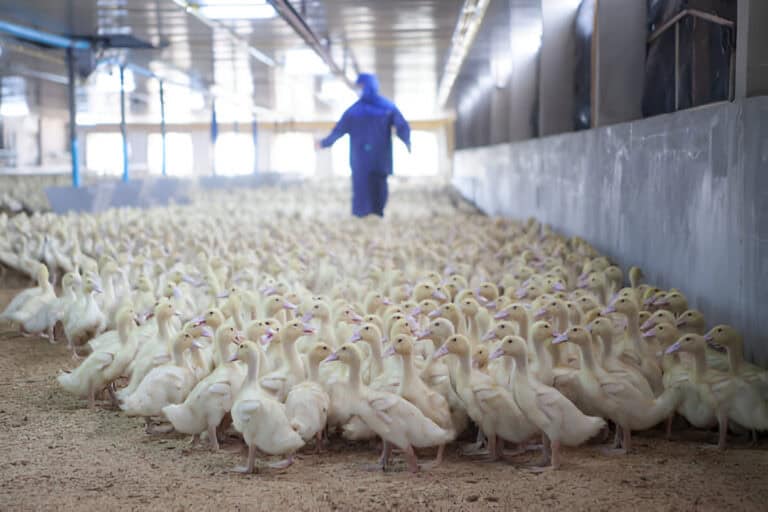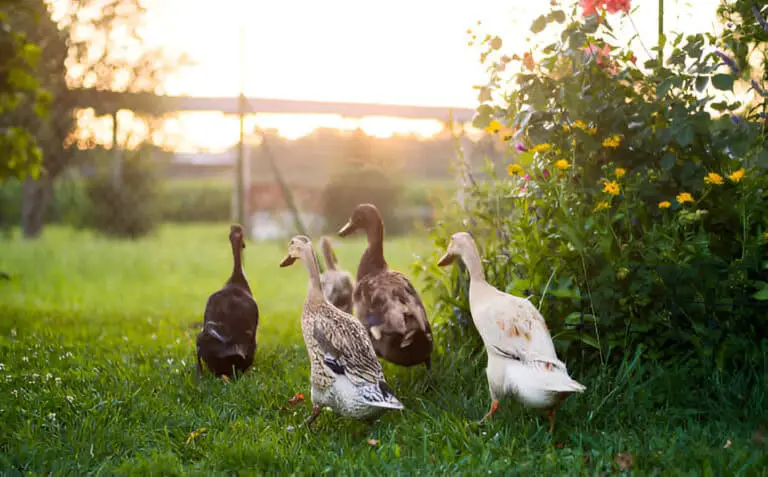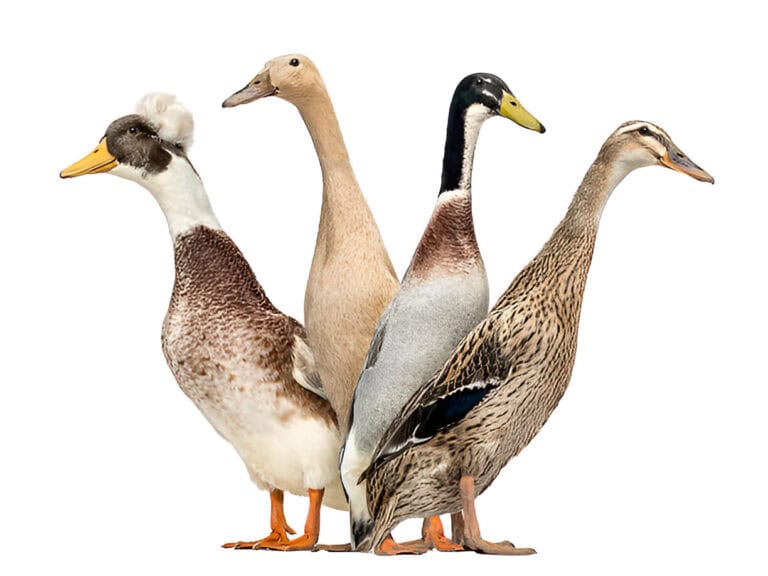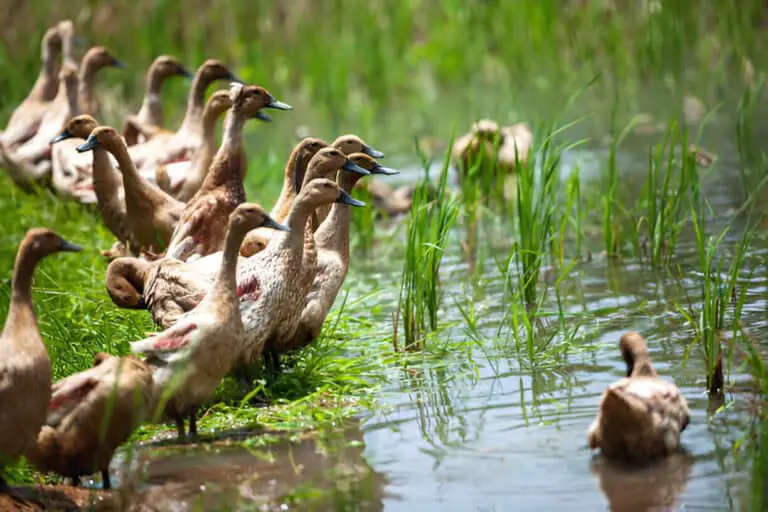Do Ducks Need Water in Their Coop at Night? What I Learned the Hard Way
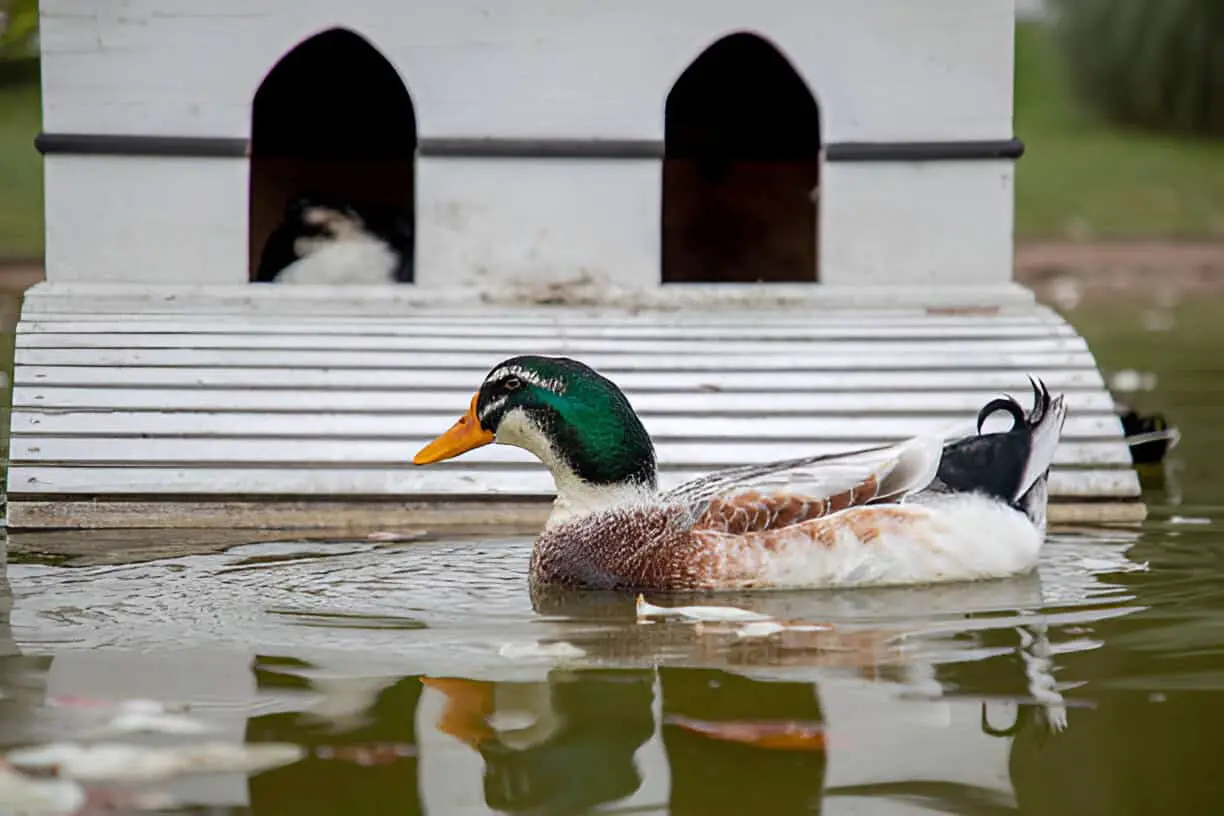
When I first got ducks, I thought I had it all figured out. Feed, shelter, maybe a kiddie pool in the yard—and boom, I’d be knee-deep in happy quackers. Turns out, ducks are quirky little water-loving weirdos with rules of their own. And one of the most unexpected lessons? Water at night.
Spoiler alert: I learned the hard way. Let’s just say a dry night turned into a chaotic morning. Here’s the full scoop—and what you need to know before you tuck your ducks in.
Water, Water, Everywhere… Except the Coop?
At first, I didn’t think ducks needed water overnight. Chickens do just fine without it, and I figured ducks would follow the same playbook. I was wrong. Unlike chickens, ducks have different biology and behaviors that make water an almost round-the-clock necessity.
Ducks use water for:
- Cleaning their eyes and nostrils
- Helping them swallow and digest food
- Staying cool in warmer weather
- Washing down feed to avoid choking
One night, I left water out in their run but not inside the coop. By morning, my flock was cranky, messy, and one poor girl had dried food crusted around her beak. That’s when it hit me—I had underestimated just how important water is to ducks, even when the sun goes down.
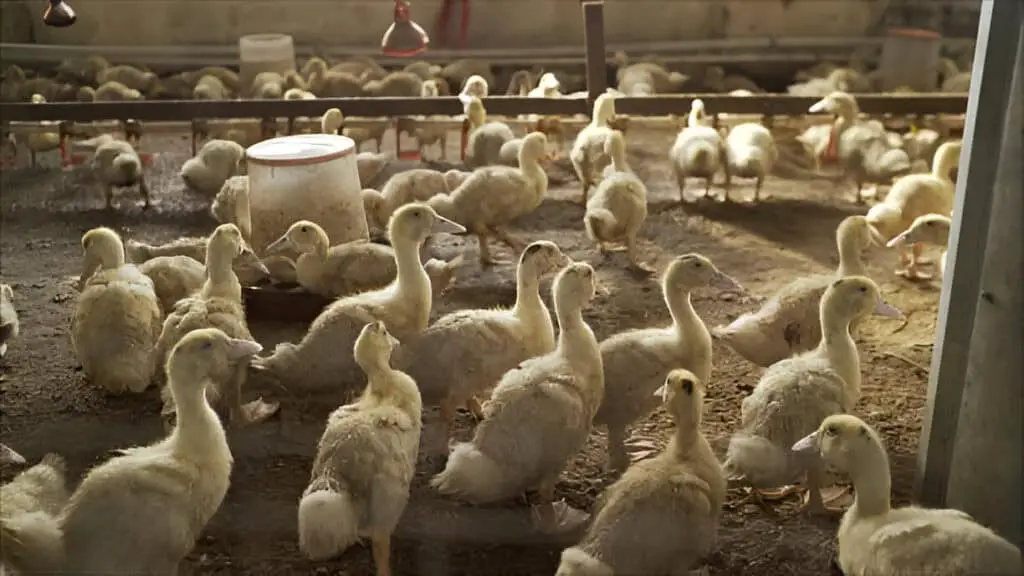
Why Ducks Need Water at Night
Ducks don’t sleep through the night the way we do. They nap in bursts, often waking to nibble, preen, and occasionally gossip with each other in hushed quacks. During these nighttime interludes, they need water to wash down their food and keep their bills clean.
What Happens When Ducks Don’t Have Nighttime Water?
| Problem | What You’ll See | Why It Matters |
| Dried nostrils/beak | Crusty faces in the morning | Ducks clean their nostrils with water |
| Stuck feed | Choking or coughing sounds | Water helps soften dry food |
| Stress | Restless pacing or loud quacking | Ducks get anxious when basic needs aren’t met |
| Dirty feathers | Unkempt, flaky-looking plumage | They use water to clean and preen |
I learned all of this after one particularly dry night left my ducks in a huff—and me googling duck anatomy before breakfast.
Let’s Talk Coop Logistics
If you’re thinking, “But won’t they spill it everywhere?”—you’re absolutely right. Ducks are splash-happy tornadoes when water is involved. I used to wake up to wet bedding, soggy feed, and moldy corners. That’s when I got creative.
How I Solved the Water-in-the-Coop Problem:
- Elevated Water Bowls – I put their waterer on a small stand with a tray underneath to catch spills.
- Rubber Stall Mats – Lined part of the coop with these to protect the floor.
- DIY Splash Guard – Made a barrier out of plastic storage bins cut in half. Fancy? No. Functional? You bet.
And yes, I clean it daily. Ducks are messy roommates.
When Not to Leave Water Overnight
There are a few exceptions to the rule. Here’s when you might skip the nighttime hydration station:
- Freezing Temps – If it’s too cold and the water will freeze, you’ll just end up with ducky frustration and an icy mess.
- Brooding Ducks – Mama ducks on nests often won’t leave, and water inside might lead to damp nesting material.
- Medical Conditions – Some ducks on special diets may need limited access to food and water. Talk to a vet if that’s the case.
So it’s not a one-size-fits-all situation. But for the average backyard flock, nighttime water is a must.
How Can You Tell if a Duck Is Dehydrated?
A dehydrated duck may show a range of concerning symptoms. Just like chickens, ducks can become seriously ill if they don’t get enough water, and the signs can be subtle at first. One of the first things to look out for is panting or labored breathing. If your duck seems to be gasping for air or breathing heavily even in cool conditions, dehydration could be the cause.
Other noticeable symptoms include pale combs or wattles. Normally, these areas are bright and healthy-looking, but dehydration can make them appear dull or discolored. Ducks may also spread their wings away from their body in an attempt to cool down, as their body struggles to regulate temperature.
Severe dehydration can lead to more critical signs, such as lethargy, limpness, or unresponsiveness. You might notice your duck moving sluggishly or not reacting as it usually would. In extreme cases, dehydration can cause seizures or convulsions, and if untreated, it can be fatal. Always ensure your ducks have access to fresh, clean water to prevent these dangerous symptoms.
My Setup Now (And What I’d Do Differently)
Here’s my current setup, after a good deal of trial, error, and soggy mornings:
| Item | Why I Use It | Pro Tip |
| Gravity-fed waterer | Less refilling | Pick one with a deep trough |
| Feed bowl only half full | Minimizes spillage | Ducks love to dig—don’t overfill |
| Large boot tray | Catches splash and mess | Easy to rinse out daily |
| Pine shavings | Absorbs moisture well | Replace often to avoid mold |
If I could go back, I would’ve invested in a waterproof coop corner from the get-go. Something easy to mop and hose down. Lesson learned.
| Check out: Duck vs. Cormorant: How to Tell These Water Birds Apart |
Final Quack: Keep Those Bills Wet
At the end of the day (and the beginning of the next), ducks need water like we need coffee—frequently and without delay. If you want healthy, happy birds, give them what they crave, even after dark. It may take a few tweaks to your coop setup, but trust me—your ducks will thank you with clean bills, smooth feathers, and quieter mornings.
So if you’ve been skipping nighttime water, now’s the time to rethink. Don’t learn the hard way like I did—waking up to a flock that looked like it had just come back from Burning Man.
Give ‘em the water. You’ll sleep better knowing they’re not choking on dry feed or flinging dusty pellets across the coop.
Got your own duck drama story? Or a water setup that works like a charm? Drop it in the comments—I’m always up for swapping duck tales. 🦆

